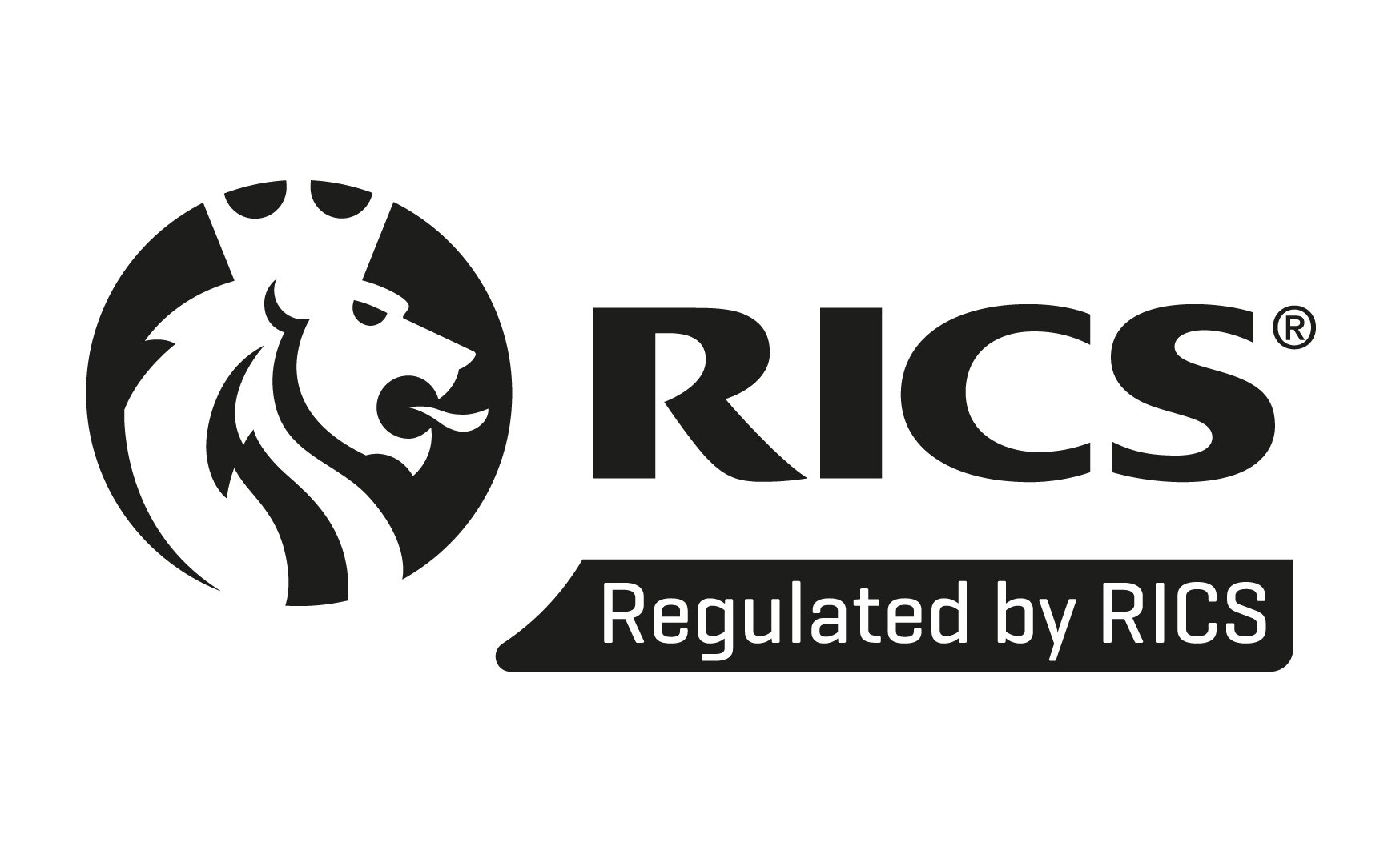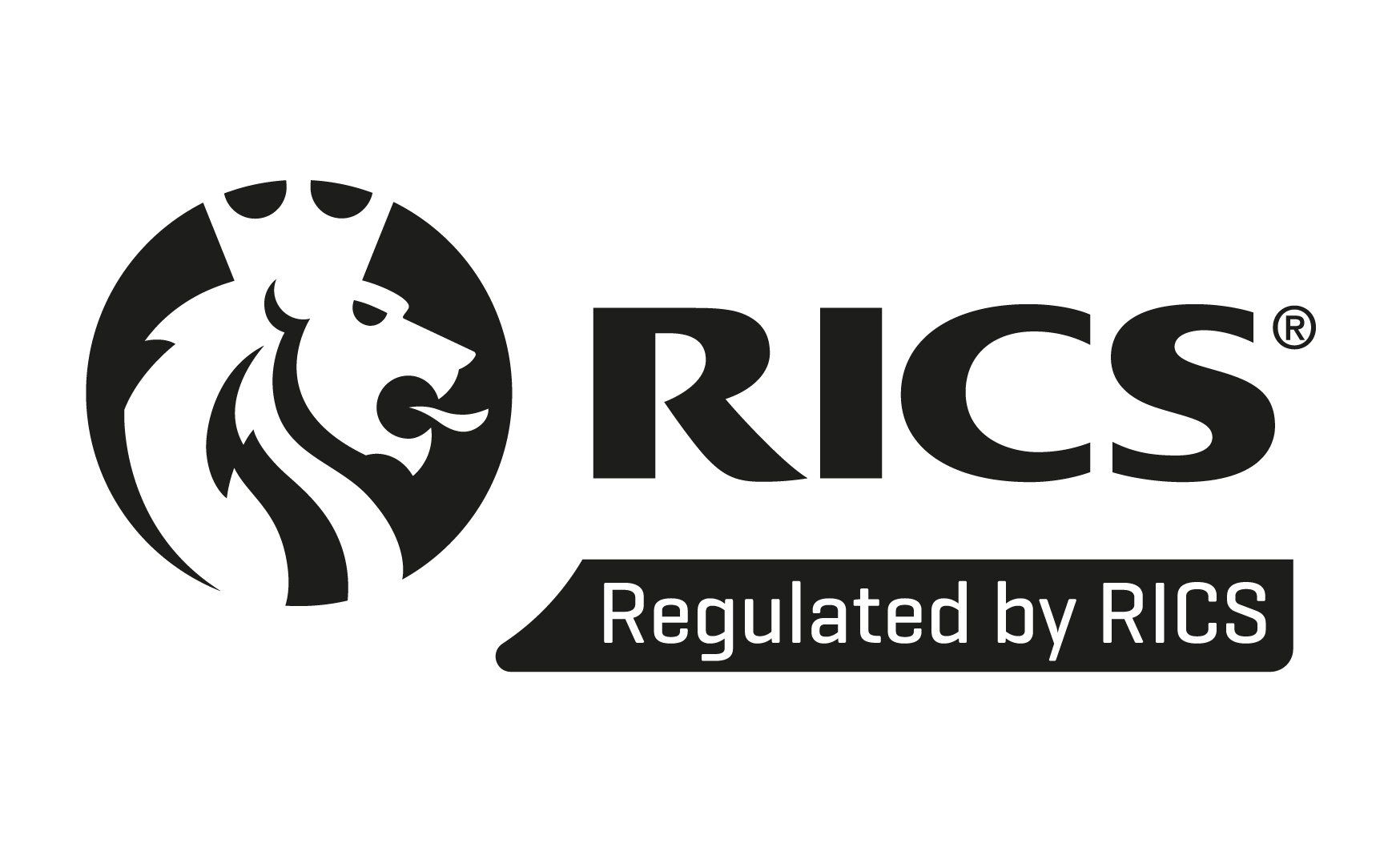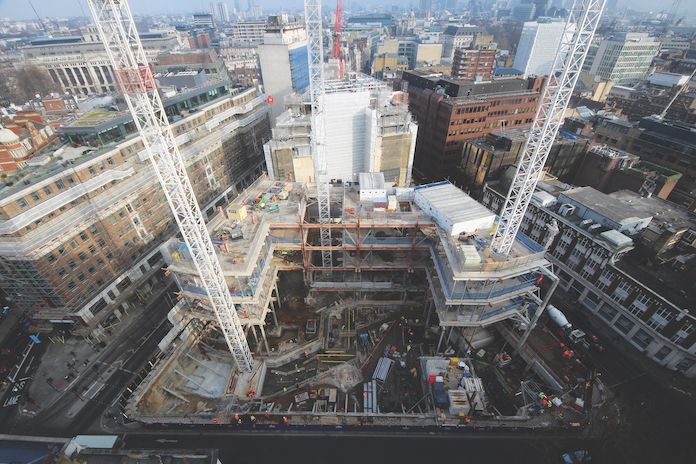A guide to payment and pay less notices
In construction, cashflow is often a tightrope to walk

A definition of payment - notices and pay less
We all know what payment entails - we, as businesses and homeowners, have fixed or variable sums that are paid monthly or more regularly. You default on a PPC or mortgage and there are consequences. You travel along the M6 Toll Road and can't pay at the time - they give you a few days to settle and you get a payment notice to settle. You park illegally, you get a payment notice that is usually halved to pay less if you settle quickly.
So far, so good?
Payment notices and pay less notices in construction are similar but obviously involve greater sums than a toll road payment notice of £7.20
In the construction industry, payment terms are often controversial. As we said sums are large and the time is much longer than 20 minutes on the M6 Toll Road. Contractors and sub-contractors face risk when assessing project costs. Late or non-payments can quickly cause serious cashflow problems. Late, disputed or payment refusal can lead to business and project failure.
The Housing Grants, Construction and Regeneration Act 1996
The Housing Grants, Construction and Regeneration Act 1996 is intended to protect businesses, particularly with payments, and, we quote, it makes provision for:
- The right to be paid in interim, periodic or stage payments.
- The right to suspend (or part suspend) performance for non-payment and to claim costs and expenses incurred and extension of time resulting from the suspension.
- Pay when certified clauses are not allowed, and the release of retention cannot be prevented by conditions within another contract.
There are other provisions too within this act - for example the client must issue a payment notice within five days of the date for due payment, even if no amount is due.
What is a pay less notice?
Hopefully this is self-explanatory. It means a previously raised and agreed invoice is going to be paid in part or full. The paying party effectively disagrees with the sum agreed, changing their mind often near the end of the payment cycle. This is frustrating for the service provider, who is expecting complete payment. Despite statutory law on payment in construction contracts being in place for 13 years, this still causes disputes. Often, the only way forward is professional adjudication.
Construction Index offers a useful definition of Pay Less notices:
"A pay less notice is the opportunity for a paying party to change their mind on what has already been agreed on payment, altering the payment due to the payee near to the end of the payment cycle. It is as defined above already, a legal “payment notice” that sets out the “notified sum” for payment even if it is zero or negative. If it is validly served it is the sum due and can only be overturned by an adjudicator, arbitrator or the court. It means your payment is being legally reduced and you potentially have a dispute."
So what should you do with payment notices and pay less notices?
There are ten key steps in the process, with one arguably being the use of JCT Contracts, which we've blogged about here.
- The Contract
- Checking contract compliance
- Getting paid
- Recovery action
- Suspension of work or performance
- Mediation
- Arbitration
- Adjudication
- Litigation
- Facing insolvency




